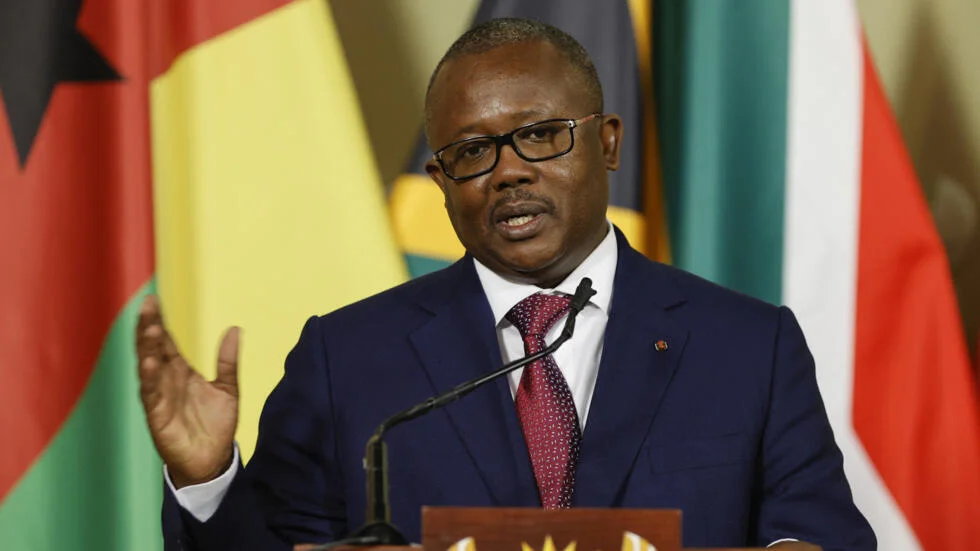A blend of anxiety and anticipation has gripped Guinea-Bissau as the nation approaches a watershed moment in its political history.
Voters are set to head to the polls this Sunday for what observers are calling one of the most contentious elections since the restoration of multiparty democracy.
The incumbent, President Umaro Sissoco Embaló, is vying for a second term. His candidacy is a bid for history; if successful, he would become the first head of state in the West African nation’s 50 years of independence to secure a second consecutive mandate.
However, his current tenure has been defined by turbulence, characterized by fierce political infighting and persistent allegations of attempted coups.
A Mandate Disputed
The backdrop to Sunday’s vote is a fierce legal and constitutional debate regarding the President’s legitimacy.
Controversy swirls around the official expiration date of Embaló’s current term. Opposition factions vehemently argue that his mandate technically concluded in February.
Conversely, the Supreme Court issued a ruling interpreting the term as valid until September. Adding to the confusion and distrust, the election date itself was abruptly moved forward from its original schedule of November 30.
A Crowded Field Amidst Exclusion
The ballot will feature a crowded field of 12 presidential candidates. Simultaneously, 14 political groups, including various coalitions, are competing for legislative seats.
Despite the variety of choices, political analysts warn that the environment is volatile. The exclusion of certain key opposition coalitions from the race has raised alarms.
Experts suggest that disenfranchising these groups, coupled with deep-seated rivalries within the military establishment, could serve as a flashpoint for post-election unrest.
Local political commentators have noted a shift in the democratic landscape, warning that the nation stands at a crossroads between cementing democratic norms and sliding back into authoritarianism.
The People’s Call for Stability
Guinea-Bissau, a nation of two million people, has navigated a fragile existence marked by multiple military takeovers since gaining independence from Portugal. This history of instability weighs heavily on the electorate.
In the capital, Bissau, the mood is one of cautious hope. Residents report that their primary concern is not just who wins, but whether the process yields stability.
“I hope that these elections will bring peace and tranquility,” said one voter in the capital. For many, the priority is basic security and economic relief. The electorate is calling for a leader who will respect the constitution and address pressing issues such as food insecurity.
Another resident summarized the national mood simply: the desire for a peaceful process that allows citizens to live together in harmony, regardless of the political outcome.




















